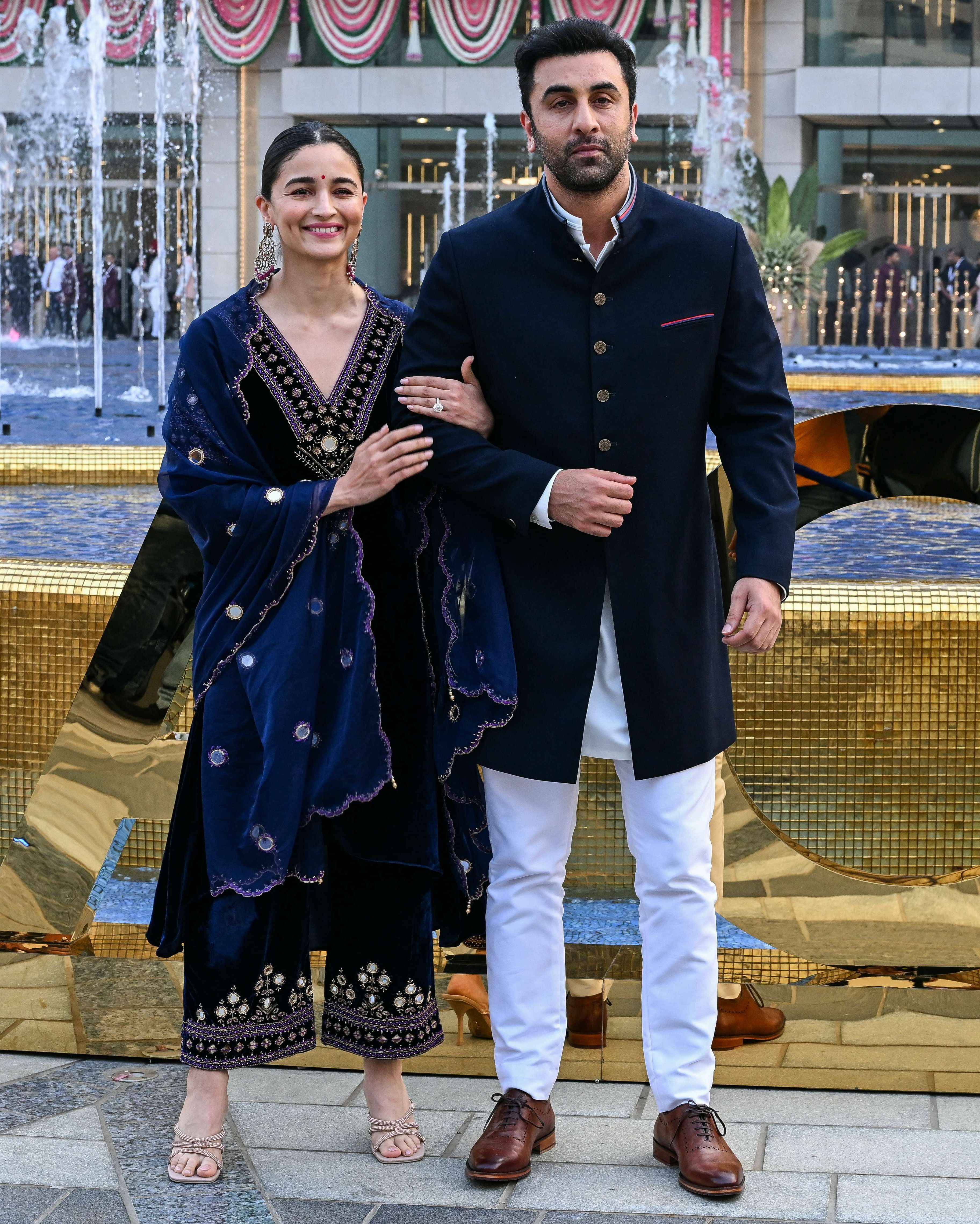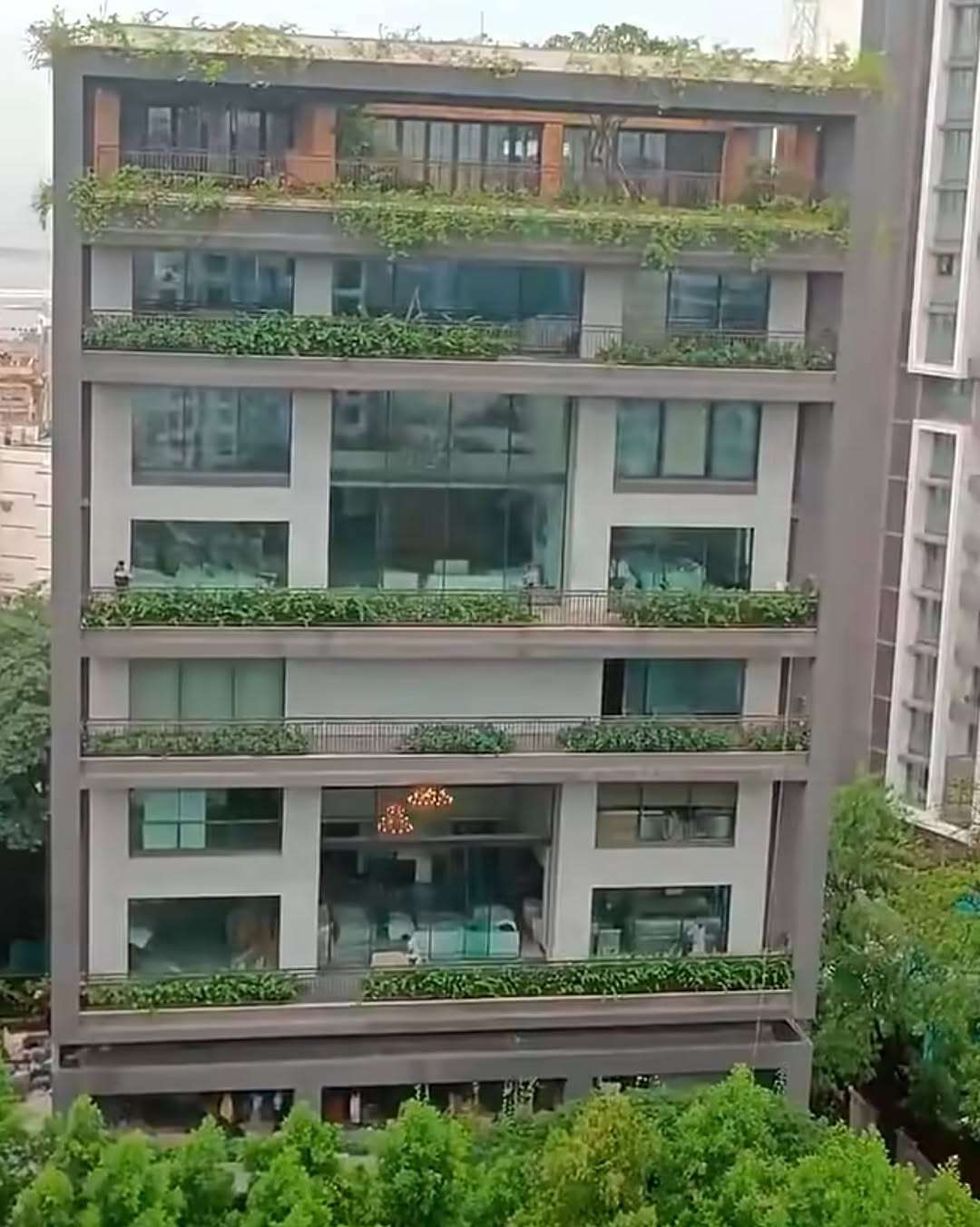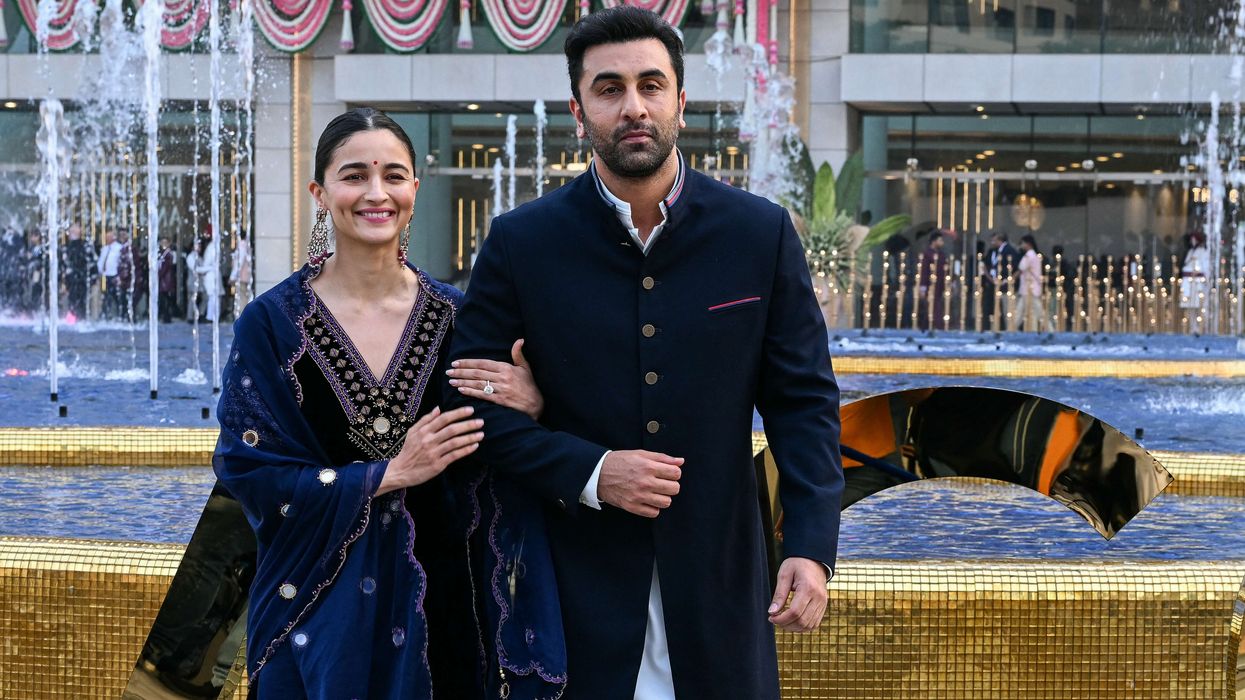Highlights:
- That Pali Hill plot where the old Kapoor house stood is finally ready.
- They put out a note themselves, talking about new beginnings and asking for some space.
- It is huge: six floors, hanging gardens, the whole works.
- Neetu Kapoor moves in with them.
- Alia just bagged another Filmfare award for Jigra.
So, the construction fences are finally down. The boxes are being packed. Alia Bhatt and Ranbir Kapoor are finally hauling boxes into that Pali Hill place, and choosing Diwali for it is certainly no accident. This is a proper family move, the whole clan under one roof. Calling it a 'new build' feels incomplete, doesn't it? I mean, they tore the old place down, sure, but the land itself? That is all Kapoor history. They have simply put a new house on a very, very old foundation.

So, what is the place actually like?
With an estimated value of £24 million, (Rs 250 crore) it is six floors stacked up on that prized Pali Hill plot. That video leak a few months back really blew up. Alia was furious, and rightly so, someone just filmed the place and posted on social media. We all saw a raw, unauthorized peek because of it. The home seems to have tiered gardens on the terrace, like a modern take on a classic Mumbai bungalow.

Why does this Pali Hill move matter so much?
That land is Kapoor history. Tearing down the original house was a gamble. Neetu Kapoor, Ranbir, Alia, and their daughter Raha, all under one roof now. On top of that, it's during Diwali. It is about lighting lamps in a new space that is actually full of old memories. They also sent a note to the media politely asking for privacy around their new Pali Hill home.
What is happening on the work front?
As if moving house is not chaotic enough, Alia is still riding the high from her Filmfare win for Jigra. Her sixth. She put up a post calling it a project close to her heart, and you can tell she is not just using a press release line. Now the industry chatter is all about their next big one. They are teaming up again for Sanjay Leela Bhansali's Love & War, with Vicky Kaushal in the mix too.





